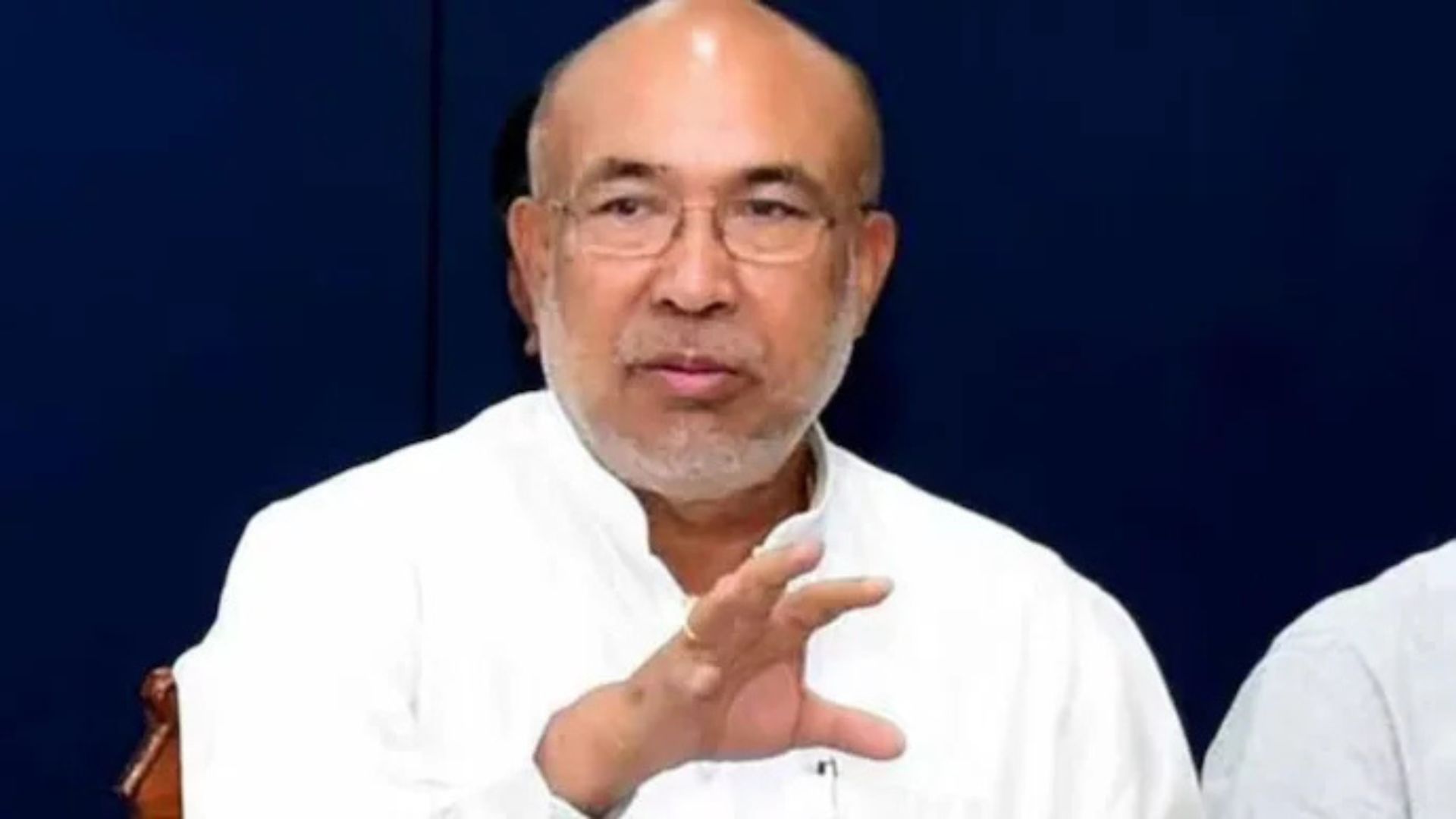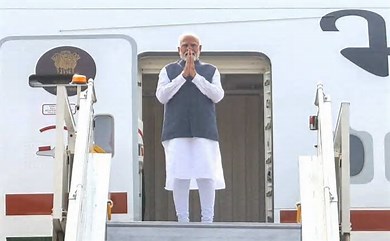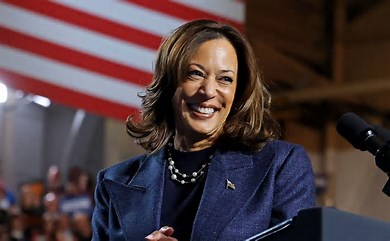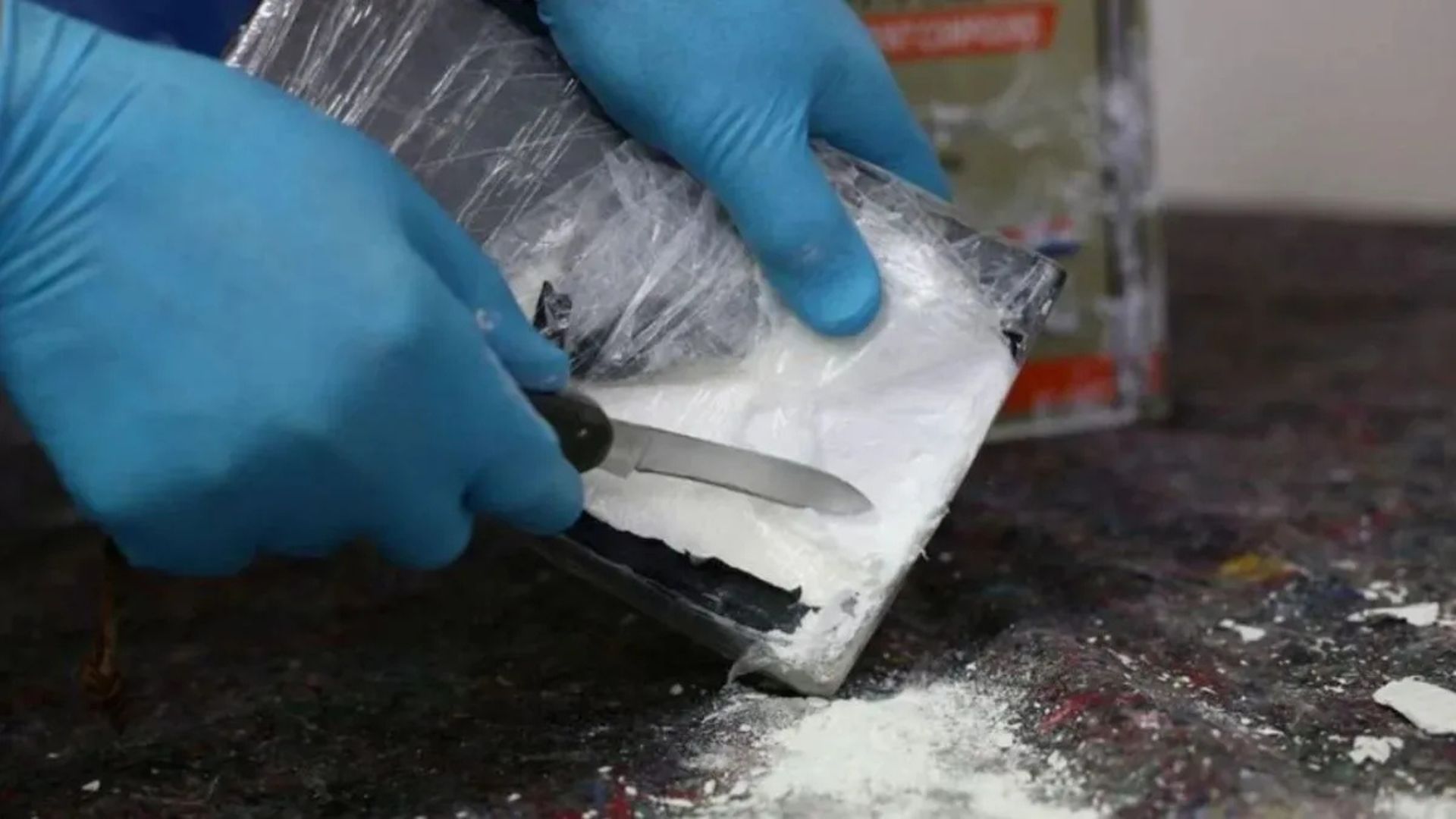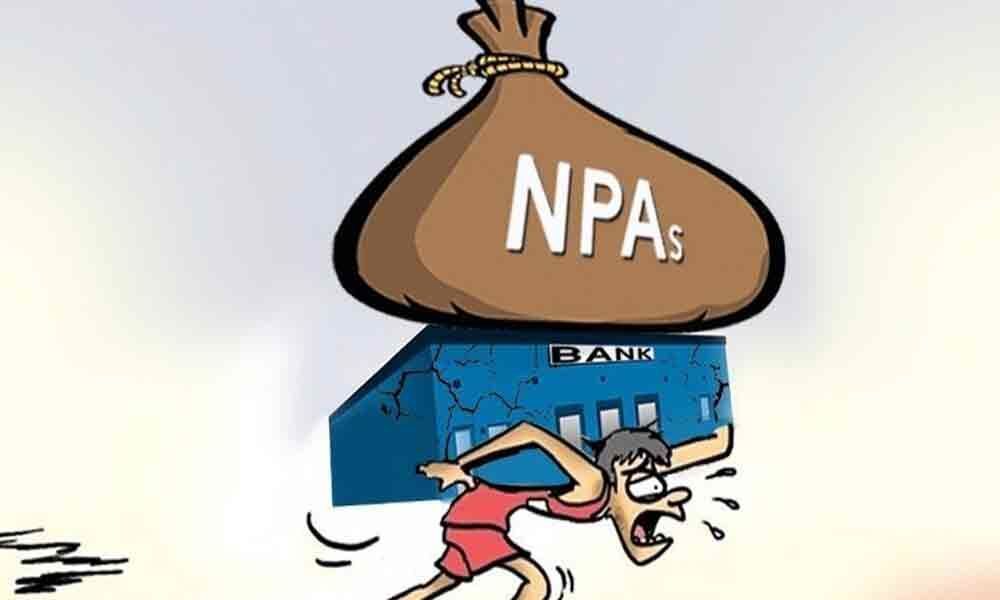
Non-Performing Assets (NPAs) are inherent in the financial system’s very nature but must be contained within enduring limits. Lately, however, they have been skyrocketing, impinging adversely on the credibility of the banking industry.
It is gratifying to note that despite predictions to the contrary, the Gross NonPerforming Assets (GNPA) ratio of commercial banks has improved to a seven-year low of 5% in September 2022 and is estimated to improve further to 4.9% by September next year. The Net Non-Performing Assets (NNPAs) too have ameliorated to a ten-year low of 1.3%. These are good news and a harbinger of better days ahead for the banking sector.
They boost confidence in the financial stability and robustness of the country’s banking system. What could still be a matter of concern is the fact that much of the decline in the NPAs is attributable to excessive provision for bad and doubtful debts, aggressive write-offs of the stressed assets, and transferring them to assets recovery agencies and bad banks. These are only temporary solutions.
In fact, taking bad assets off the balance sheets of banks could be detrimental to their survival and sustainability. Siphoning the stressed assets off balance sheets improves their capital adequacy ratio thereby enhancing their ability to lend more. Long-term sustainability requires banks to urgently recover their bad assets.
All the more critical is the need for thoroughly reforming and cleansing their lending decisions to minimise the menace of NPAs. Expectedly, banks have been going through a phase of purgatory warranting the cleansing of their souls for salvation. They must not only get rid of the stressed assets but must be deterred from creating NPAs beyond norms. Available evidence suggests that only those who can successfully undergo this process would last.
Further, they must not put forward kid-glove relations with the potent corporates in future. The Assets Quality Review by the Reserve bank of India (RBI) now examines the records of all banks to detect unethical, undesirable, negligent and even fraudulent practices in their lending decisions. Kickstarted in 2015, it has unearthed several defaults allegedly caused due to these and many other reasons. Some of the most maligned cases highlighted by the media include Nirav Modi and Mehul Choksi (involving over Rs 13,000 crore), Dwarka Das Seth International Pvt. Ltd (Rs 389.85 crore), Rotomac Global Pvt. Ltd (Rs 2,919 crore), RP Info Systems Pvt. Ltd (Rs 515 crore), and ABG Shipyard (over Rs 22,000 crore) etc. Readers would recall that earlier this year, a former CMD of DHFL and others were reportedly booked for shortchanging several banks of Rs. 34,000 Crores.
These scam cases involved numerous public sector banks including the Punjab National Bank (PNB), Oriental Bank of Commerce (OBC), and Union Bank of India (UBI) etc. So has been the case with cooperative banks. Punjab and Maharashtra Cooperative Bank (PMCB) was in news in 2019 for misreporting of NPAs amounting to Rs. 6,000 Crores, purportedly due to their nexus with HDIL’s promoters.
Private commercial banks, which have often been lauded for lower NPAs, have also not remained unaffected by this affliction. The latest in the limelight is the alleged unholy nexus between ICICI, the largest private sector bank in the country and Videocon. This alleged lending scandal involving an amount of Rs. 3,250 Crores was brought out in the open by a whistleblower in a blog way back in 16, p.Purported to be loan caused through quid pro quo trade-offs.
This case is about conflict of interest, business malfeasance, and quid pro quo on the part of the lenders in collusion with the borrower. Reportedly, the deal entailed investment by the borrowers in a firm jointly promoted by the spouse of the executive head of the lender bank and later transferring their stakes to the spouse at a price far less than the fair market value.
Critically, the case gained traction due to the media coverage rather than action by the authorities whom the whistleblower approached initially.
However, once the investigations began and progressed, many a can of worms started tumbling out and it was reported to be a series of scandals rather. Investigation in the case has led to the detention of a former CEO of the bank, her husband, and the person behind the deal. The above are some of the most glaring examples that have been highlighted by the media and are being investigated by different agencies.
Many of them are still in the realm of allegations based on prima facie circumstantial evidence and are yet to be proven through the due process of law. They have, however, been shaking the confidence in the banking system and at times making the deposit holders jittery and unsafe about their hardearned savings. Banks and other financial intermediaries mobilise resources mainly through a wide variety of financial instruments which seek to attract deposits from savers. Savers deposit their money with their banks because they consider them credible and trustworthy. They are thus funded by the money that depositors place in them.
Banks must give a positive signal to ensure that the deposit holders’ interests are protected. This is critically important not only for the profitability and efficiency of the banking system but also for the smooth operation of the economy. It is quite reassuring that RBI has initiated a series of measures for improving efficiency and transparency in the lending processes.
The Early Warning System (EWS) framework is being made more effective by linking it with Machine Learning, corroborating it with the fraud governance and response system, and introducing dedicated Market Intelligence (MI) Unit. Avoiding NPAs altogether is practically impossible because they are inherent in the banking sector. But if the NPA is the result of a planned loan scam by a distinguished executive head of a prestigious private sector bank, that is beyond absurd Accounting fraud and financial shenanigans are a constant reality that can never be eliminated. No matter how well regulations are strengthened, be it through punishment or reward, another ingenious scam will emerge.
Harvard Business Review, in the article “Why Be Honest If Honesty Doesn’t Pay?” way back in 1990, mentions that “trust based on morality rather than self-interest provides a great economic benefit, whereas if trust is maintained by fear. It is utterly inimical to a business.”
It further states that “since ancient times, philosophers have contrasted a barbaric state of nature with a perfect, well-ordered society that has somehow tamed humankind’s propensity toward force and fraud. Fortunately, we have created something that is neither Beirut nor Bucharest. We should remember, however, that this third way works only as long as we live by an honourable moral compass.”
Taufeeque Ahmad Siddiqui is a faculty in the finance area in the Faculty of Management Studies, Jamia Millia Islamia. Furqan Qamar, Professor in the Faculty of Management Studies at Jamia Millia Islamia, is a former Advisor to the Planning Commission.


